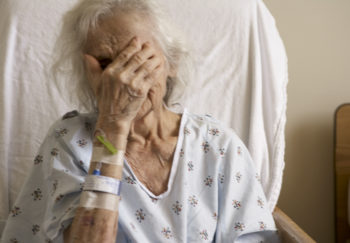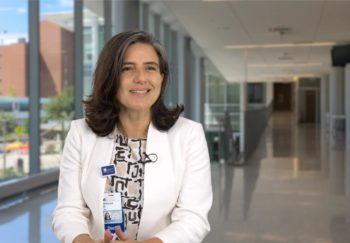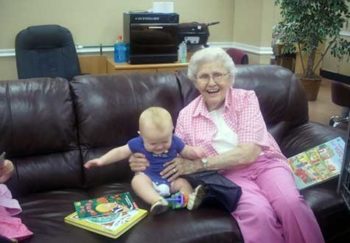
Here's easy, expert tips on how to prevent dementia: Our neuropsychologist gives us the surprising facts on what keeps your brain healthy.
 Healthy aging means something different to different people. If you’re in your 40s, you’re thinking about prevention. You might be caring for an older parent. If you’re that older parent, you might already have a hip or heart issue you’re managing.
Healthy aging means something different to different people. If you’re in your 40s, you’re thinking about prevention. You might be caring for an older parent. If you’re that older parent, you might already have a hip or heart issue you’re managing.
Self-care is key. “As we age, we need to pay attention to our bodies to keep them healthy or to get help when needed,” says Laurie Archbald-Pannone, MD.
Whatever your health or age, one thing is true: We’re all growing older. Aging gracefully, on the other hand, requires acceptance, action, and support.
Need a primary care provider to help you on your aging journey? Find a doctor near you.

Here's easy, expert tips on how to prevent dementia: Our neuropsychologist gives us the surprising facts on what keeps your brain healthy.

Sex after 60 has lots of health benefits. But it can also put you at risk for a sexually transmitted disease. Know how to protect yourself from STDs.

The secret to a longer life may lie in what UVA Health scientists call AMAR, the Sanskrit word for ‘immortality.’

Aphasia ended Bruce Willis' acting career because he's having trouble getting words out. Find out what causes this communication disorder and what can help.

Older patients are at greater risk for hospital delirium. Find out some of the most common causes and how to respond if your hospitalized loved one is agitated or confused.

According to David Jones, his two hip replacements gave him back his life — from crutches to sprinting in the hallway.

Meet Anelyssa D'Abreu, MD, a neurologist who treats the nervous system's disorders, including the brain and spinal cord, and movement disorders.

Ozzy Osbourne, rock star and TV personality, recently revealed his Parkinson’s disease diagnosis. This movement disorder affects about 10 million people worldwide. Learn about Parkinson's disease, parkinsonism and getting support.

The holidays can be a great reason to travel home and see family. For the adult children of aging parents, though, those trips can carry extra stress: a chance to see how Mom and Dad are doing at home. Learn what to watch for.

Elderly depression increases health risks & mortality rates, but not always for obvious reasons. Geriatric psychiatrist Meredith Lee, DO, explains how to prevent loneliness in older adults - and prepare for your own mental health as you age.
Get stories & health tips every week